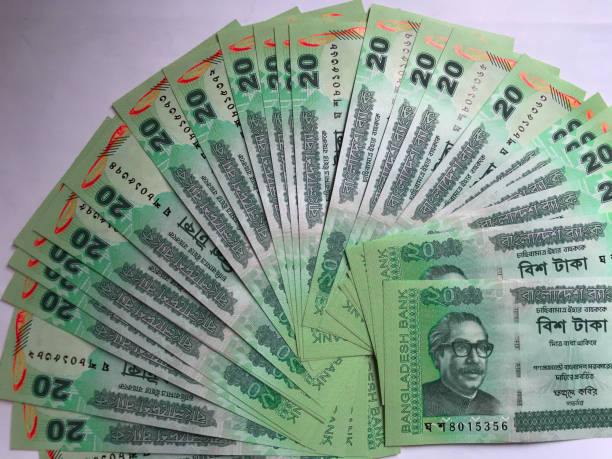
The lottery system in North India represents a captivating blend of cultural significance, entertainment, and economic potential. Functioning as both a source of excitement and a mechanism for funding social initiatives, lotteries have carved a unique niche in many communities. This article delves into the historical evolution of lotteries in North India lottery, highlights key games, analyzes the regulatory framework, examines their social implications, and discusses the role of technology in shaping the lottery experience.
Historical Background
The concept of lotteries in India has ancient origins, but the modern lottery system emerged during British colonial rule, which used lotteries to generate revenue. Following independence, various states in North India established their own lottery systems, aimed primarily at supporting public welfare programs and community development.
States such as Punjab, Himachal Pradesh, and Uttarakhand have developed distinct lottery frameworks that reflect local customs and values. Over time, the legal structure surrounding these lotteries has evolved to emphasize fairness and transparency, fostering public trust.
Prominent Lottery Games
Several lottery games are particularly popular in North India, each offering unique features and prize structures:
Punjab State Lottery
The Punjab State Lottery is among the most recognized in the region, featuring a variety of schemes and regular draws. With tickets available through licensed vendors and online, it is easily accessible to a wide audience. The potential for large cash prizes attracts many hopeful participants.
Himachal Pradesh State Lottery
Celebrated for its transparency and generous prize distribution, the Himachal Pradesh State Lottery offers various schemes, including the well-known “Dhan Ka Ghar” lottery. Proceeds from this lottery often go toward essential public services such as healthcare and education.
Uttarakhand State Lottery
Known for its affordability and accessibility, the Uttarakhand State Lottery appeals to a diverse range of players. Funds generated from this lottery are frequently directed toward community development initiatives, benefiting local residents.
Private Lotteries in Delhi
Although Delhi does not operate a state-run lottery, numerous private operators provide lottery services. These regulated private lotteries offer attractive prizes and draw participation from a broad demographic.
Regulatory Framework
The lottery system in India is governed by the Lotteries (Regulation) Act of 1998, which establishes guidelines for states to conduct lotteries. Each North Indian state has tailored its regulations to meet local needs while adhering to national standards.
Licensed vendors manage ticket sales, and the drawing processes are structured to ensure integrity and transparency. This regulatory environment is crucial for preventing fraud and enhancing public confidence in the lottery system.
Social Implications
The social impacts of lotteries in North India are profound and multifaceted. On the positive side, lotteries provide entertainment and the possibility of financial upliftment, especially for individuals facing economic hardships. The revenue generated often supports essential services, including healthcare and education.
However, the potential for gambling addiction and its effects on vulnerable populations cannot be overlooked. Promoting responsible gaming practices and conducting awareness campaigns are vital to ensuring healthy participation in lotteries.
Technological Advancements
The integration of technology has significantly transformed the lottery landscape in North India. Online ticket sales and digital platforms have increased accessibility, allowing a broader audience to engage with lotteries. This shift streamlines the purchasing process and enhances transparency, reducing the risk of fraud.
Mobile applications and websites now offer real-time updates on lottery results, keeping players informed and engaged. This modernization of the lottery experience fosters greater trust among participants.
Conclusion
The lottery system in North India embodies a rich tapestry of tradition, regulation, and innovation. It provides exciting opportunities for financial gain while contributing to public welfare and community development. However, the challenges associated with gambling require careful management.
As technology continues to evolve, it is essential to balance enjoyment with responsible practices. For many, lotteries symbolize hope and the promise of a better future. By prioritizing transparency and ethical standards, https://www.northlottery.org the lottery system can thrive, offering dreams and opportunities to millions throughout North India.

